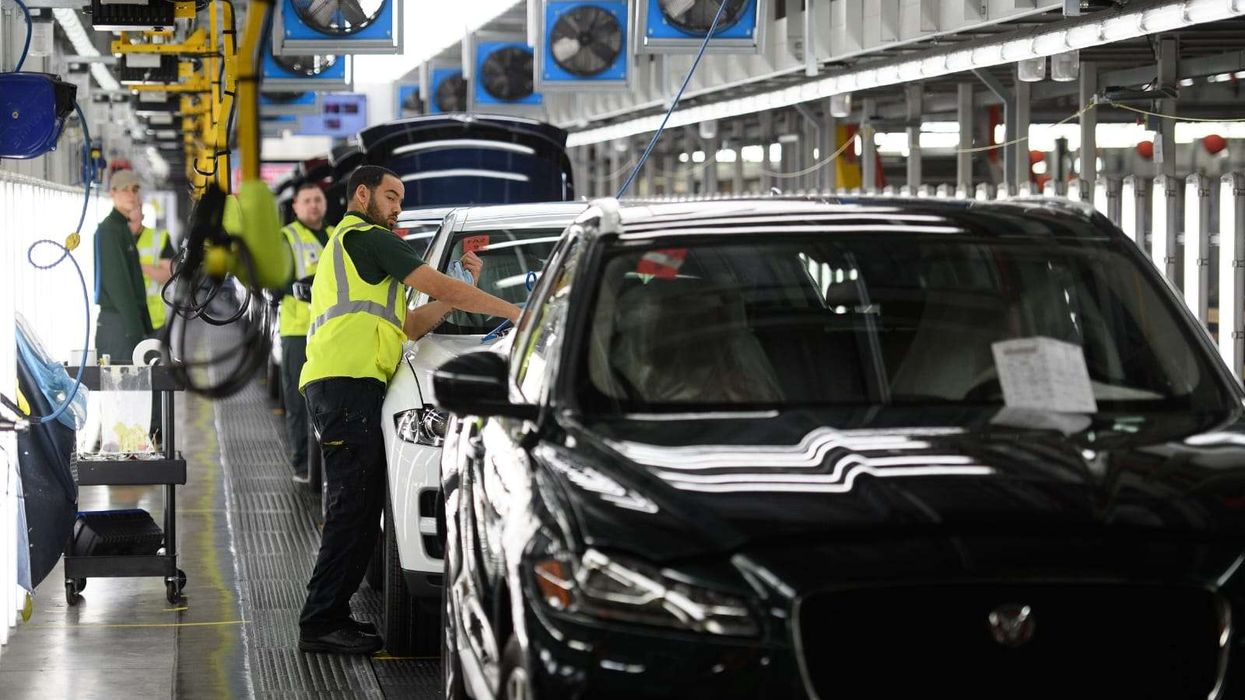BRITAIN has not yet installed all the complex IT systems and port infrastructure needed to ensure Brexit runs smoothly, a group of British MPs warned in a report released Saturday(19).
The Committee on the Future Relationship with the EU, a cross-party group of lawmakers, released the report after meeting Thursday(17) online.
The group said they were "concerned about the overall state of readiness" and warned that "some decisions on infrastructure have been taken too late".
The "early months... are likely to be difficult", the report said, echoing comments by prime minister Boris Johnson, who conceded the switch to new rules "might be difficult at first".
"With just seven working days until the end of the transition period, significant concerns remain," said Hilary Benn, a prominent Labour MP who chairs the committee.
But Benn said the government "still cannot provide business, traders and citizens with certainty about what will happen in all the areas affected by the negotiations".
The report criticised delayed delivery of IT systems in places such as ports, making it hard for businesses and traders to learn to use new government systems and update their in-house technology by the year-end deadline.
Ports also needed to build major new infrastructure for customs and border controls but in November were still waiting to hear if their bids to a £200 million government fund were successful, the report quoted port officials as saying.
Some major ports such as Dover in southern England and Holyhead in Wales do not have the space on site for such facilities and will need to build elsewhere, the report said.
The report also said there could be problems with getting enough vets and other professionals to check goods and process customs declarations.
It warned that the government needed to have "robust contingency plans to deal with whatever happens" after January 1.
The MPs urged the EU to delay introducing import procedures on British goods, after the UK did the same for EU goods.
The government's campaigns to encourage businesses to get abreast of the new rules is "patchy at best", the report said.
The UK will also lose access to key agreements such as the European Arrest Warrant, which allows a criminal suspected by one state to be arrested in any other, while a new bilateral agreement with the EU is "unlikely" to be ready in time, the report said.
The people in Northern Ireland, which will have the EU's only land border with Britain from next year, "deserved to know far sooner the terms of trade within their own country".
London and Brussels have agreed a complicated system for trade, which will see the British province bound by most EU rules because of the need to keep the border with EU member Ireland open.
MPs praised it as a "pragmatic solution", given fears that the return of hard border infrastructure could reignite sectarian conflict.
Britain left the EU in January but is in a standstill transition period until December 31, during which the bloc's rules mostly still apply while trade talks are held.
Deal or no deal, change is coming on January 1, as Britain will leave the EU single market and customs union.












